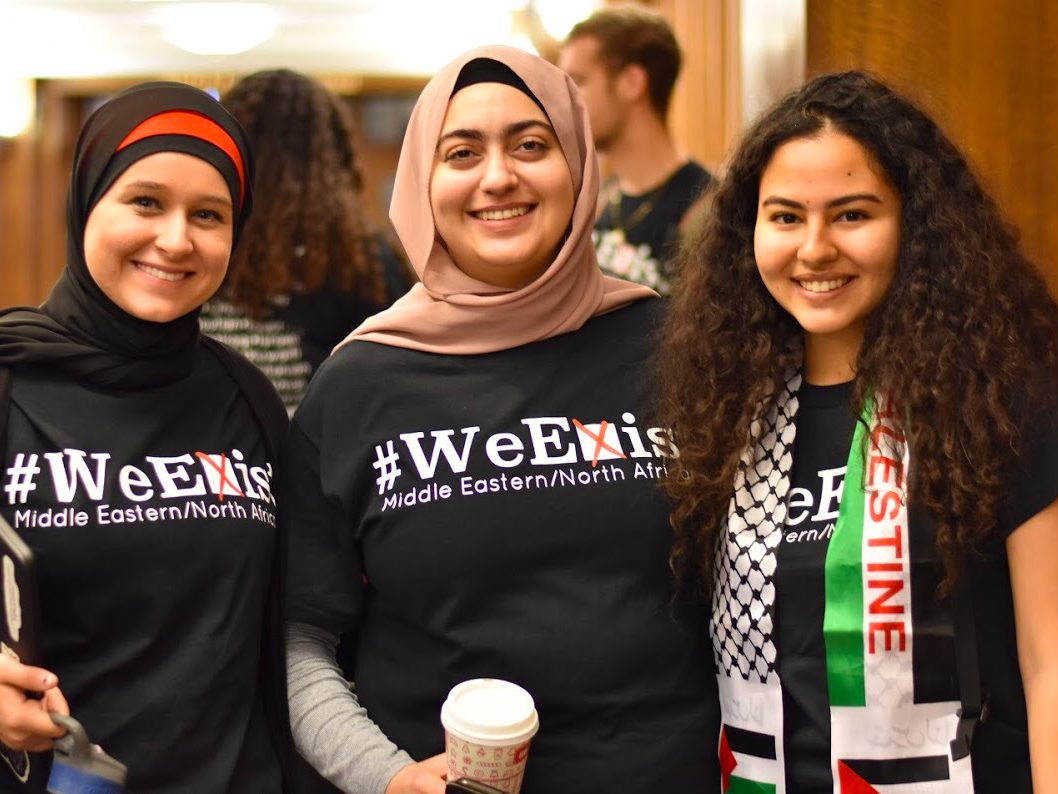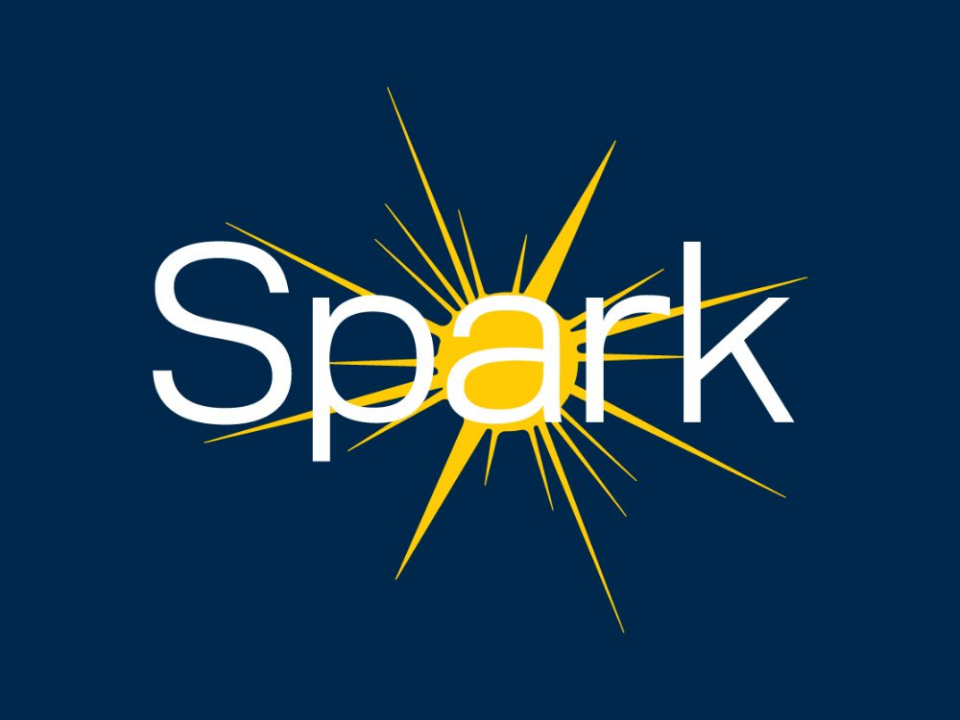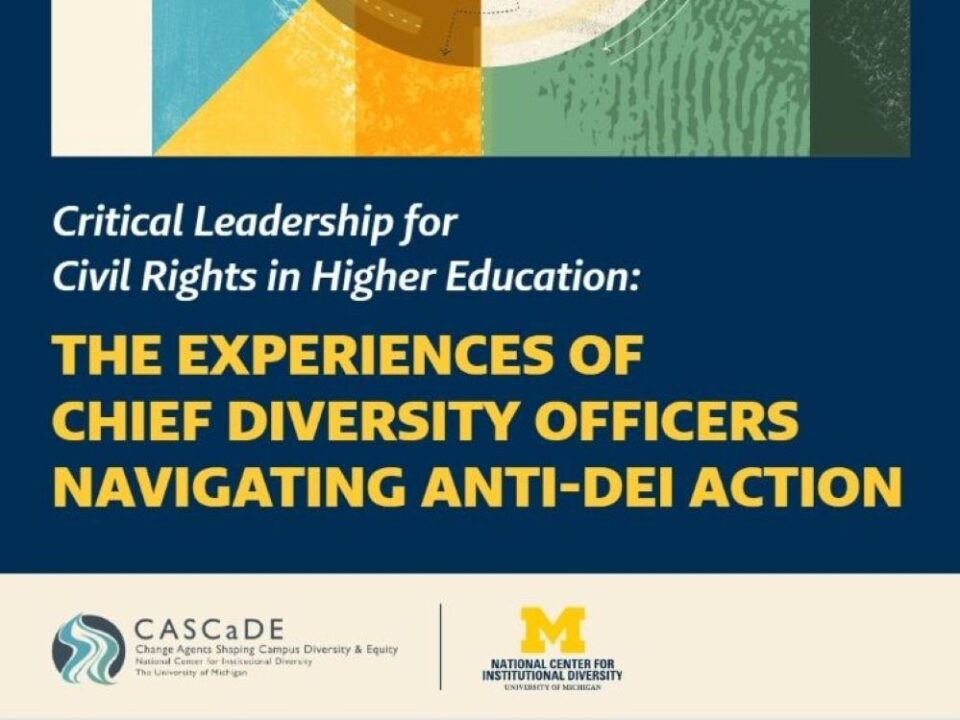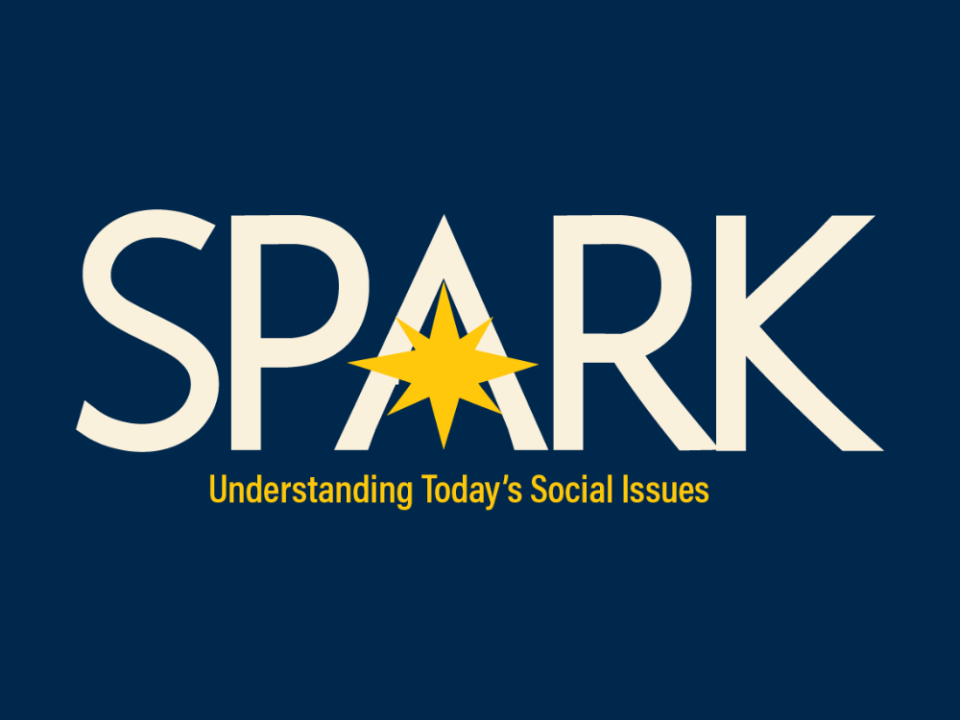- About
- News
- Events
- Initiatives
- Anti-Racism Collaborative
- Change Agents Shaping Campus Diversity and Equity (CASCaDE)
- Diversity Scholars Network
- Inclusive History Project
- James S. Jackson Distinguished Career Award for Diversity Scholarship
- LSA Collegiate Fellowship Program
- University Diversity & Social Transformation Professorship
- Publications & Resources
- About
- News
- Events
- Initiatives
- Anti-Racism Collaborative
- Change Agents Shaping Campus Diversity and Equity (CASCaDE)
- Diversity Scholars Network
- Inclusive History Project
- James S. Jackson Distinguished Career Award for Diversity Scholarship
- LSA Collegiate Fellowship Program
- University Diversity & Social Transformation Professorship
- Publications & Resources

Scholar Story: Urmitapa Dutta
March 11, 2019
Scholar Story: Tiffany Ng
April 11, 2019NCID Establishes Four New Knowledge Communities
Topics include Asian Pacific Islander Desi/Americans, disability, Middle Eastern/North African data collection, and undocumented students
Established in 2017, NCID Knowledge Communities provide opportunities for staff and faculty at the University of Michigan to actively collaborate on scholarship-to-practice initiatives to drive institutional transformation on campus and across the country.
Co-led by a staff and faculty member, Knowledge Communities integrate the scholarship and theory of scholars with the experience and expertise of practitioners in order to bridge the gap between theory and practice, generating new knowledge, practices, and innovations which will be documented through the creation of products and artifacts by the Knowledge Community.
Knowledge Community should focus on a specific diversity, equity, and inclusion (DEI) theme, topic, or issue.
This month, the NCID established four new Knowledge Communities. They join the two already-existing Knowledge Communities, Growing STEM and Minority-Serving Institutions.

Asian Pacific Islander Desi/American (APIDA) Knowledge Community
In alignment with the University of Michigan’s (U-M) DEI Strategic Plan values of transparency and accountability, the Asian Pacific Islander Desi/American (APID/A) Knowledge Community seeks to enhance U-M’s institutional capacity to address each of the three overarching strategies of U-M’s DEI Strategic Plan by developing a deeper understanding of the diversity of the APID/A* community at U-M and proposing recommendations for improving the collection, analysis, access, and use of institutional data.
The APID/A Knowledge Community has four goals:
-
Assess the institutional data sources available for describing the status of APID/A faculty, staff, and students at U-M, with particular interest in race, ethnicity, national origin, and other demographic data elements that reflect the diversity of the APID/A community.
-
Evaluate the quality of the available data and data collection methods with a particular focus on the institutional capacity to collect and disaggregate data by race, ethnicity, nation of origin, and other demographic elements that reflect the diversity of the APID/A community.
-
Recommend suggestions for improving U-M’s institutional data collection, analysis, and reporting relevant to achieving the university’s three overarching strategies for DEI.
-
Communicate with and engage the U-M community on the Knowledge Community process and findings regarding APID/A faculty, staff, and students.
The leaders of this Knowledge Community are Mary Rose, program manager in the Office of Diversity, Equity, and Inclusion in the provost’s office; Sooyeon Kim, senior institutional research analyst in the Office of Budget and Planning; and Fiona Lee, Arthur F. Thurnau professor of psychology, and associate dean of diversity, equity, and inclusion/professional development in the College of Literature, Science, and the Arts (LSA).
Mapping Disability Inclusion Knowledge Community
“Mapping Disability Inclusion” is a Diversity, Equity and Inclusion Knowledge Community aiming to document, connect, and publicize the networks of scholars, practitioners, and advocates working on disability inclusion at the University of Michigan (U-M). Their goal is to highlight and grow the communities of practice committed to ensuring disabled people's access to physical, digital, and social spaces, and to increasing collective responsibility for eradicating anti-disability bias.
This Knowledge Community emerges from a complex moment in which U-M is an established leader in accessibility and disability studies, and also has further work to do in improving campus climate for individuals with disabilities. The project builds on existing institutional strengths and responds to research on disability and higher education.
The leaders of this Knowledge Community are Stephanie Rosen, associate librarian and accessibility specialist at the U-M Library; and Ashley Wiseman, associate director of the Global Scholars Program and diversity and inclusion advocate in LSA.
Counting Invisible Diversity at U-M: MENA Box Knowledge Community
The University of Michigan (U-M) is a leader in US higher education in promoting diversity, equity, and inclusion (DEI) on campus and beyond. The University’s strategic plan for DEI commits $85 million over five years, in addition to $40 million annually to enhance the diversity of learning and work experiences on campuses for everyone. However, despite major advances since 2015, many minorities that U-M endeavors to recruit and retain remain accidentally undercounted.
We are a group of concerned faculty and staff affiliated with the Islamophobia Working Group (IWG), and we have observed certain institutional glitches that render some Middle Eastern/North African (ME/NA) students invisible, who are uncounted completely or lumped in under the majority category of "White." This seems like a missed opportunity for the institution to report its full diversity, and for ME/NA affiliated people, “White” does not correspond to their everyday lived experiences in the US, especially in the post-9/11 context. On an institutional level, this problematic situation makes it difficult to ensure equity, since one cannot accurately track negative trends among ME/NA students, such as dropout, retention, and low graduation rates, as well as academic struggles associated with climate issues or bias incidents, meaning that ME/NA students are put at a structural disadvantage. With the US pursuing military activities in 80 countries around the world, most in the ME/NA region, the stress factors on students are not theoretical.
With the proper data, U-M stands prepared to devise strategic interventions to support students and recognize the challenges ahead. Our Knowledge Community seeks to partner with units that collect ethnicity data in order to ensure an accurate count and to preserve the integrity of that data from admission to graduation to alumni engagement.
This community is a subgroup of the IWG on U-M campus. The leaders of this Knowledge Community are Samer Ali, associate professor in the U-M Department of Near Eastern Studies, and Nadia Bazzy, director of Multi-Ethnic Student Affairs (MESA). If you would like to learn more, please email Samer M. Ali <[email protected]>, director of the Center for Middle Eastern & North African Studies.
Undocumented Students Knowledge Community
This Undocumented Students Knowledge Community is a cross-campus interdisciplinary collaboration that focuses on scholarship and its translation into effective practice to support policy changes across the educational system affecting undocumented students.
The Knowledge Community provides faculty experts and staff interacting with undocumented students and communities with opportunities to share formal and informal knowledge, professional expertise, and best practices. The community will generate new knowledge and expand our understanding of effective practices with the goal of promoting change at the individual, institutional, and societal level. Ultimately, this contributes to the realization of a more inclusive and welcoming campus for all students.
The leaders of this Knowledge Community are Catalina Ormsby, associate director at the U-M Center for Educational Outreach; John Burkhardt, professor in the Center for the Study of Higher Education; and Dilip Das, assistant vice provost for Equity, Inclusion, & Academic Affairs.




